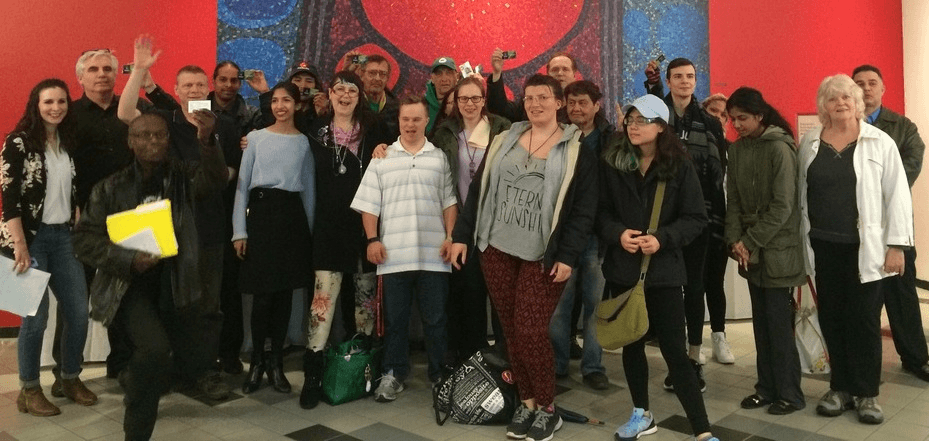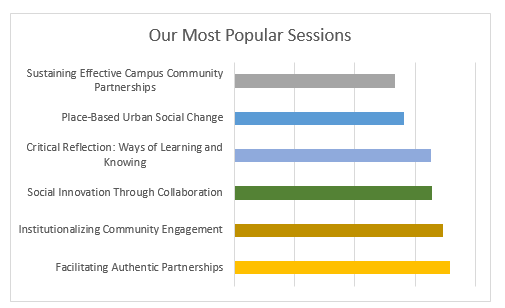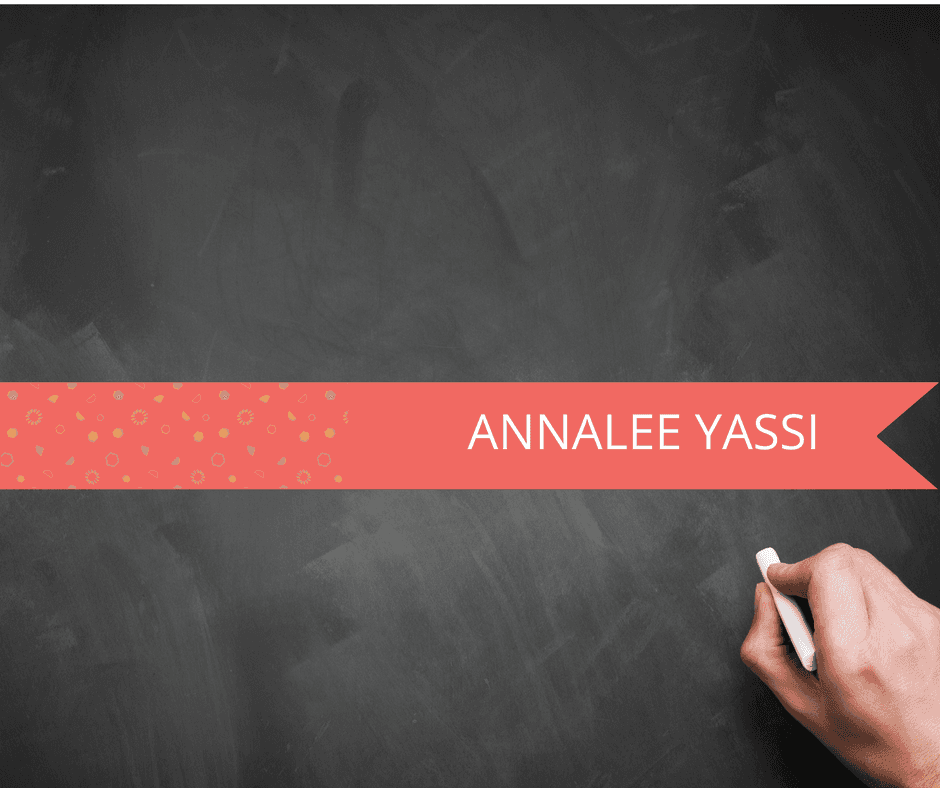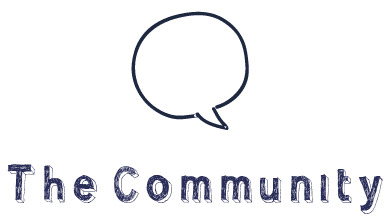

Because we had such a great turn out of presentation proposals for the #C2UExpo 2017 , I’m happy to say there are a lot of concurrent sessions you can choose from this year! Here are a few sessions that have been the most popular so far, so you definitely don’t want to miss out signing up for them.

The CARE (Community Academic Reciprocal Engagement) program is an after-school program that engages social work graduate students with Black girls in grades 6-8. The program is part of the larger program of the African Canadian Association (ACAWRA) and also is affiliated with the Wilfrid Laurier University (WLU).
CARE aims to integrate social justice and academic success by employing a community-based participatory model to explore gender, race, and identify issues to generate awareness and honour Black youth realities. Black youth girls work with social work graduate students to bridge the gap between what is perceived and what is experienced by Black youth. They also work alongside African elders who explore African epistemology, history, and host cultural training sessions on colonialism. The community partnerships of the girls, graduate students, and the elders create a space where they can demystify Blackness for social work graduate students and enhance post-secondary education access among Black youth.

-940x788-1920w.png)


